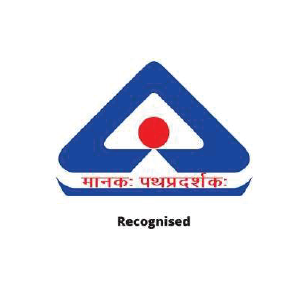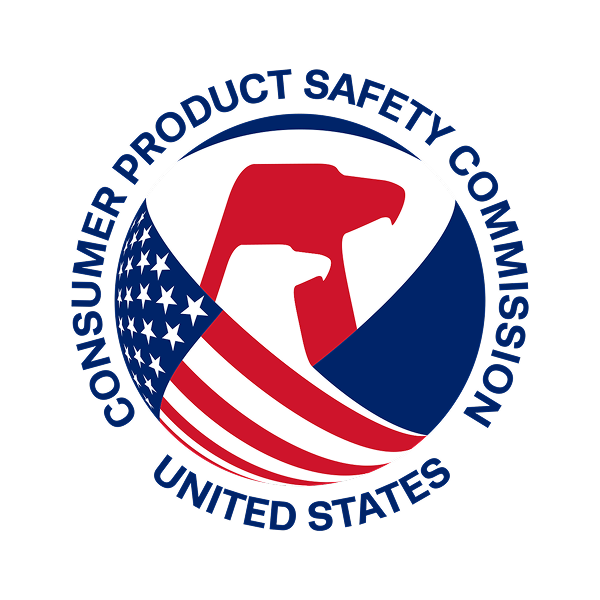
Differential pressure test for surgical mask
A differential pressure test is an important test performed on surgical masks to determine their effectiveness in protecting the wearer against airborne particles. This test is used to measure the mask’s ability to resist the penetration of fluid and to evaluate the breathability of the mask.
During the differential pressure test for surgical masks, the mask is placed between two chambers. One chamber is filled with air, while the other is filled with a liquid, typically water. The mask is then subjected to a specified air pressure, and the difference in pressure between the two chambers is measured.
The differential pressure test is used to evaluate the mask’s ability to resist the penetration of fluid. The mask must meet a specific standard for resistance to penetration, known as the Delta P value. This value is calculated by subtracting the pressure measured in the liquid chamber from the pressure measured in the air chamber. The lower the Delta P value, the more effective the mask is at preventing the penetration of fluids.
In addition to evaluating the mask’s ability to resist fluid penetration, the differential pressure test is also used to evaluate the breathability of the mask. A mask that is too difficult to breathe through can cause discomfort and may result in the wearer removing the mask, thereby reducing its effectiveness. The differential pressure test ensures that the mask is breathable enough to be worn comfortably for extended periods of time.
Overall, the differential pressure test is a critical test for evaluating the effectiveness of surgical masks in protecting against airborne particles. By ensuring that masks meet the necessary standards for resistance to fluid penetration and breathability, companies can help to ensure the safety and health of medical professionals and the general public.




